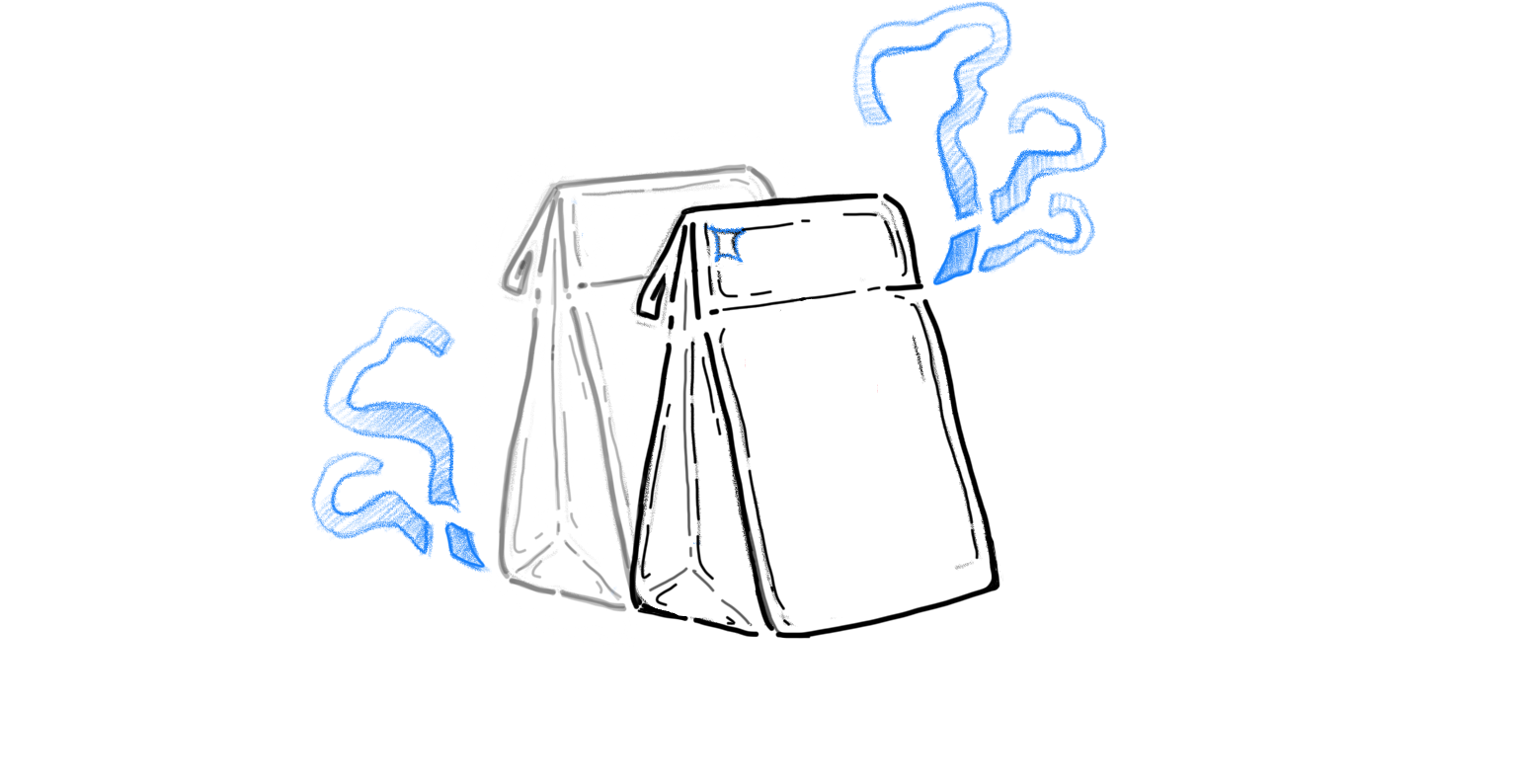Two years later, I still remember the gratefulness that lit up a mother’s eyes as I handed her a plate of food at the Ronald McDonald House. This simple plate of food meant so much to both of us. For her, it meant relief from knowing she did not have to spend money on dinner, could sleep with a full stomach and get the rest she needed to care for her seriously ill child who was sleeping in a hospital bed next door. For me, her smile motivated me to never stop caring for others.
My dedication to battling food insecurity began when I was a young teenager. Whether standing under a dim light late at night with sticky hands after making seventy-five peanut butter and jelly sandwiches, or loading boxes of canned food into a car trunk for a local food charity, I am filled with euphoria at the thought of brightening someone else’s day. In those moments, I’m reminded of the word namaste: “The light in me sees the light in you.” Whenever I donate a meal to someone in need, I see the light in them and the humanity in each person, no matter their situation.
Unfortunately, 13.5% of Americans, approximately 47 million people, reported being food insecure in 2023. Food insecurity is especially prevalent in Cuyahoga County, where around 161,700 individuals suffer from it. Despite these staggering numbers, the situation is worsening. The reconciliation bill recently passed by Congress proposes slashing $186 billion from the Supplemental Nutrition Assistance Program (SNAP), and cutting $911 billion from Medicaid. These reductions would severely limit states’ ability to fund essential food assistance programs. In Ohio, for example, Medicaid provides critical support for low-income individuals and families, including coverage for nutritional counseling and programs that indirectly support food access. Cuts to Medicaid and SNAP would further strain local food banks and community organizations already operating at their limit in the state, especially in vulnerable communities like Cleveland, where access to affordable and nutritious food is already scarce. These proposed cuts threaten to worsen the crisis.
In the face of growing food insecurity, it is more important than ever for communities to unite in support of organizations that advocate for vital nutrition and health programs. We can make a difference by volunteering at local food banks or donating to charities like The Greater Cleveland Food Bank and the Ohio Association of Foodbanks. Volunteering builds a stronger
sense of community, where people look out for one another instead of struggling alone—and supports larger efforts to address the root causes of food insecurity. These community organizations often collaborate with policymakers and advocates, so every hour spent volunteering not only shows support for the cause, but also becomes part of a larger movement for change.
The point is not to solve food insecurity on your own. It is to show up, to care, and to remember to see the light in others, whether those who suffer from food insecurity or those who face different challenges in their lives. What our world needs most is not division, but compassion and unity.
The gratitude I received at the Ronald McDonald House helped me realize that even the smallest actions can have a lasting impact. Every act of kindness is appreciated—often more deeply than we realize—and creates ripples far beyond our view. In helping other lives, we end up brightening our own in ways unimaginable. Together, we can create a world where no one has to suffer from hunger.


